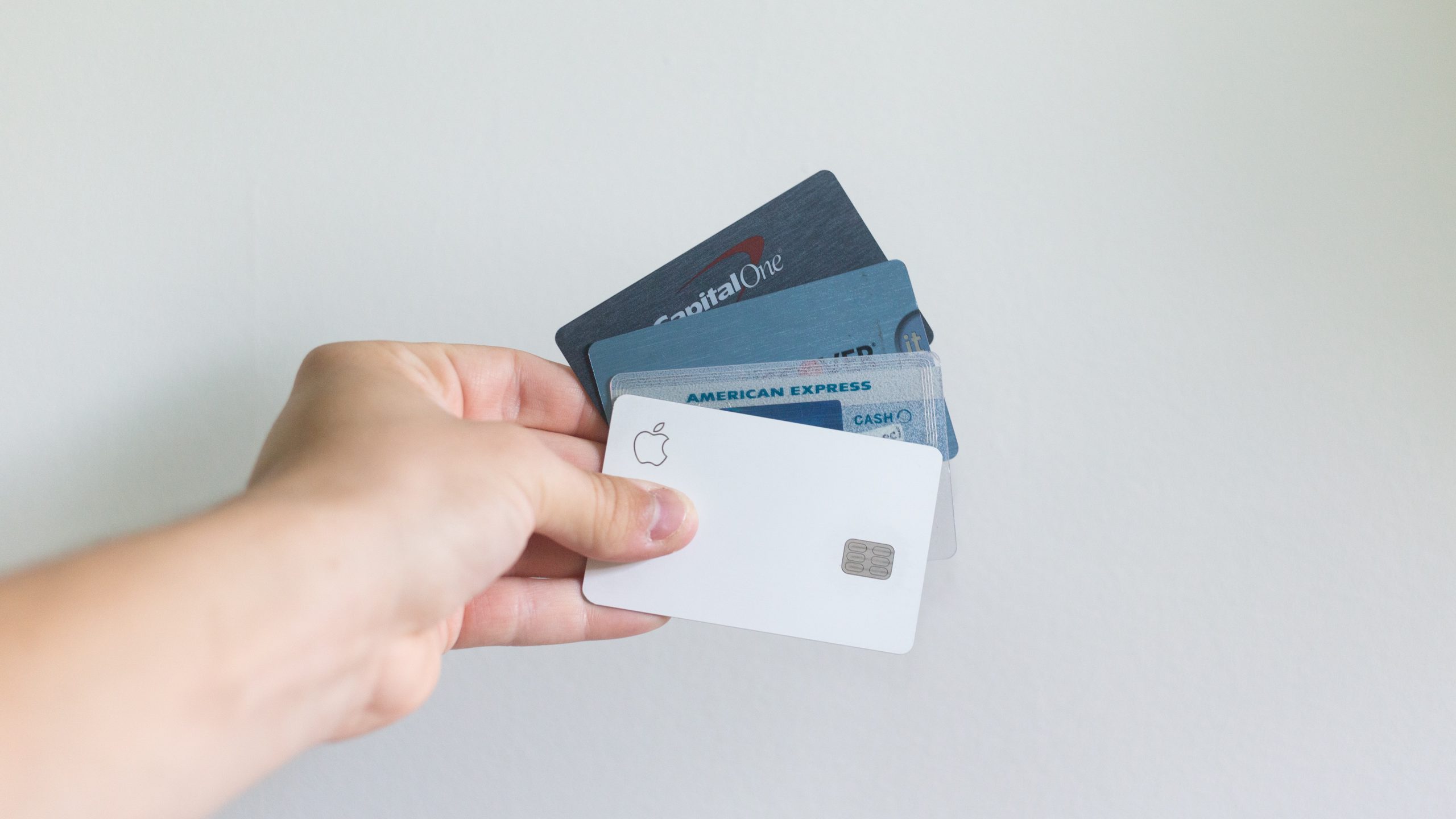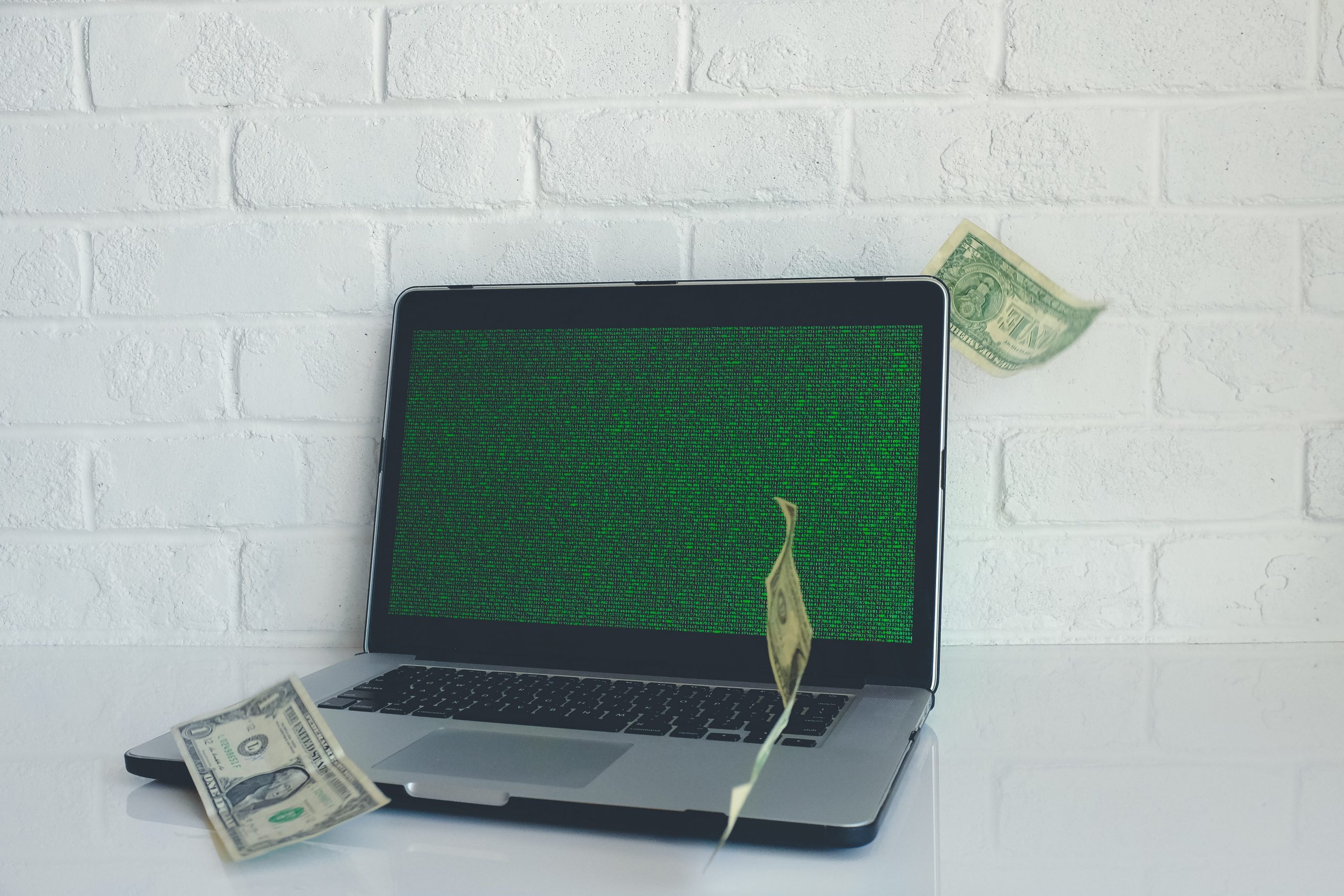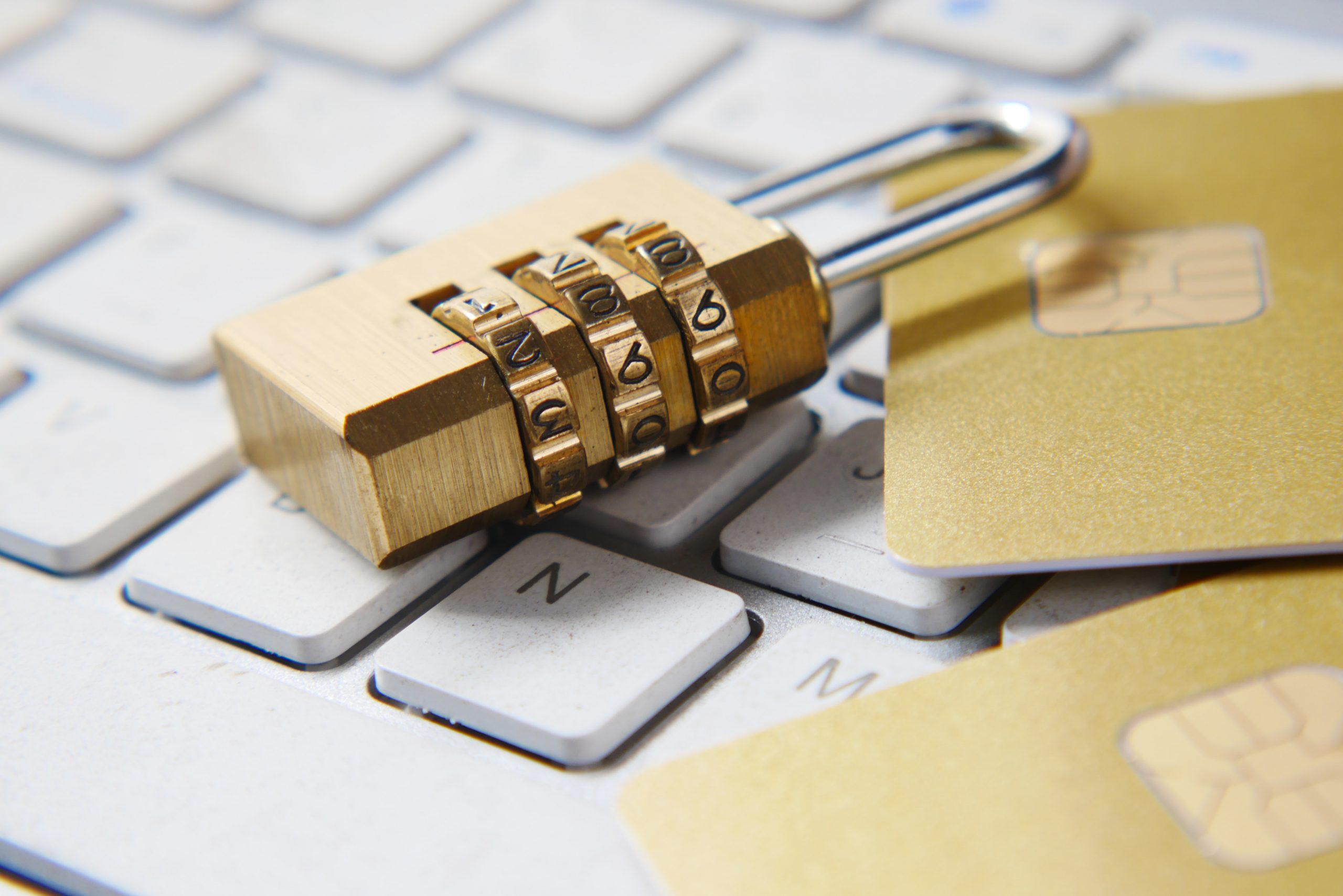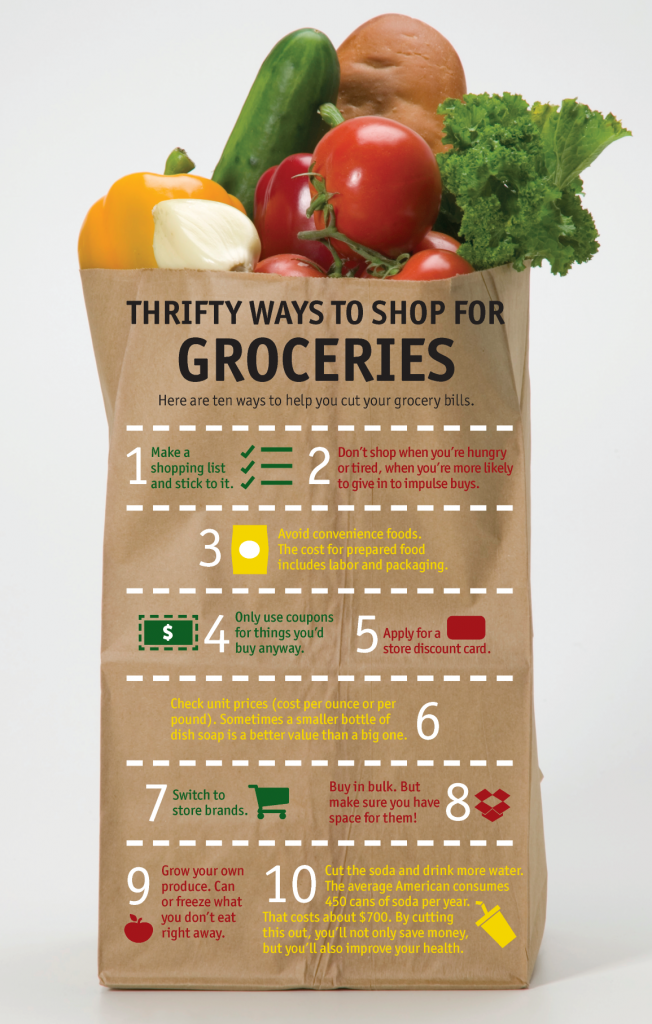Category: Financial Literacy
When Times Are Tough, We Can Help
June 17th, 2022In tough times, it’s more important than ever to develop and maintain good financial habits. Having a household budget and shedding high-rate credit card debt are two obvious things that could benefit most consumers. But figuring out where to start can be a daunting task—especially if you feel like you’re already in trouble. The thing to remember is that it’s never too late to ask for help from your credit union.

Manage Your Mortgage
If you have an adjustable rate mortgage (ARM) and are facing a rate adjustment, refinancing your home loan with your credit union might be the break you need. If you qualify, you could refinance into a fixed-rate 15-year (or shorter term) mortgage.
Even if you have a fixed-rate home loan, refinancing may free up some money you could use to pay down more expensive debt like credit cards or you could build your emergency fund for unexpected expenses (such as car repairs or a new furnace).

Cut Credit Card Costs
Not all credit cards are created equal. Make sure to review your monthly statement and follow these tips:
Pay on time, no exceptions
Whenever possible, pay the balance each month. When you have to stretch payments, pay in as few months as you can manage.
Avoid cash advances—the interest rate on these is higher than on straight purchases.

Pass Up Payday Loans
Payday lenders promise to help when you’re short on cash. You’ll get the money you need, but with interest rates from 300% to 1,000%.
See what it really costs to borrow from a payday lender
Visit your credit union—North East Welch FCU offers payday loan alternatives with fairer terms and lower interest rates, such as short-term signature loans and Better Choice loans.

Use Direct Deposit
Direct deposit will help you to save automatically. You simply need to it set up to place a certain amount or a percentage into your checking account and another amount into your savings.
It gives you one less thing to worry about and it’s the safest way to receive your money.
Direct Deposit is an easier and more convenient way to contribute to IRAs (individual retirement accounts) and other savings vehicles, and you have more control over your money and your time—it’s predictable and dependable.

Steer Clear of Scams
Some scammers use negative economic news to scare investors into high-risk investments. They use investor fears to promote sketchy schemes with promises of high return and no risk that leave investors with nothing but empty wallets.
Hang up on aggressive cold callers!
And always remember to delete unsolicited e-mails promoting investment opportunities.

Check Your Credit Report
It’s important to check your credit report at least once annually to monitor for signs of identity theft or fraud, as well as check for any errors.
The Fair Credit Reporting Act (FCRA) requires that each of the nationwide credit reporting companies — Equifax, Experian, and TransUnion — provide you with a free copy of your credit report, at your request, once every 12 months. Go to annualcreditreport.com to request your credit report instead of going to each individual company’s website to make sure you’re getting your free copy.
As member-owned not-for-profit institutions, credit unions look out for their members’ best interests – our rates and fees can save members hundreds of dollars annually. Don’t wait until you’re in deep trouble to ask for a financial checkup at North East Welch FCU. In fact, the earlier you ask for a review, the better the outcome can be.
« Previous Page
Save at the Grocery Store!
June 14th, 2022Are You Spending Too Much on Groceries?
How many times have you checked out at the grocery and were surprised by the total?
It’s easy to let our grocery bill get too big if we’re not careful. Yes, food prices have gone up for certain items lately, and we’re making more meals at home now than eating at restaurants, but there are ways to keep that expense under control.
- Figure out how much you can reasonably spend on food. Financial advisors suggest spending no more than 10% of your income after taxes on food. That includes the supermarket as well as restaurants. If you want actual figures worked out for you, check out the USDA’s website for food plans based on averages for four levels: thrifty, low-cost, moderate, and liberal plans.
- Make a shopping list. There are many grocery shopping apps available. Find one that fits your needs. These help you create digital shopping lists, including some that offer digital coupons. If you prefer going old school, make your list with a pen and paper and post the list on a board in your kitchen. As you run low on items, put them on your list. Then, when it’s time to shop, stick to that list and try to avoid impulse buying.
- Use reward programs. If you use a major retailer, the store will likely have a store reward program. Make sure you sign up for it to get store discounts and coupons. The store may even have its own shopping app.
- Consider ordering online. Not only does it save you a trip inside a store during the pandemic, it also keeps a running total of your expenses before you check out. If you go over your shopping limit, you simply take certain items off your list to bring down your total. Ordering online can also lessen impulse buying.
- Buy only what you need. Avoid buying anything simply because you have a coupon or because the store offers a bulk discount. If you can’t eat 2 bags of salad greens in a week, a “buy one get one 50% off” offer will simply fill your garbage can with wasted food.
Keeping your food expenses under control is easy with a little planning. The digital tools available makes this even easier. The hardest part will be controlling your impulse to reach for a sweet treat before checking out, and for that, you’re on your own.

« Previous Page
Financial Literacy Quiz
June 14th, 2022How financially literate are you? Do you have the skills and knowledge to spend money wisely, save for emergencies, use credit cards sensibly, and protect your identity from being stolen?
This short quiz will help you test your financial literacy to see where you need to focus to improve your financial future.
1. A credit report is:
a. A list of your financial assets and liabilities
b. Your monthly credit card statement
c. A loan and bill payment history
d. Your credit line with your financial institution
2. In terms of credit, what does APR stand for?
a. Annual Percentage Rate
b. Annual Penalty Rate
c. Annual Payment Rate
d. Annual Payoff Rate
3. The type of car you own affects the price you pay for auto insurance.
True
False
4. If your credit card is lost or stolen and used to charge items you didn’t authorize, how much are you responsible for?
a. Up to $50
b. Up to $100
c. Up to $500
d. All unauthorized charges
5. Negative financial information (excluding bankruptcy) can stay on your credit report for:
a. 2 years
b. 5 years
c. 7 years
d. 10 years
6. By using unit pricing at the grocery store, you can easily compare the cost of any brand and any package size.
True
False
7. The “Rule of 72” tells you how long it will take to double your money.
True
False
Answers
1. (C) A credit report is a loan and bill payment history.
It is kept by a credit bureau and used by financial institutions and other creditors to determine how likely you will repay a future debt. Information in your credit report can affect your ability to get a job, a loan, a credit card, or insurance.
2. (A) It stands for Annual Percentage Rate.
The APR is a measure of the cost of credit, expressed as a yearly interest rate. Usually, the lower the APR, the better for you.
3. True.
Your premium is based in part on the car’s sticker price, the cost to repair it, its overall safety record, and the likelihood of theft. Many insurers offer discounts for features that enhance safety or prevent theft. These include air bags, antilock brakes, daytime running lights, and antitheft devices. Some states require insurers to give discounts for cars equipped with air bags or antilock brakes.
4. (A) You are responsible for up to $50.
Under the Fair Credit Billing Act, your maximum liability for unauthorized use of your credit card is $50. If you report the loss or theft before your credit cards are used, the FCBA says you are not responsible for any unauthorized charges. If a thief uses your cards before you report them missing, the most you will owe for unauthorized charges is $50 per card.
5. (C) 7 years.
Late payments can stay on your report for 7 years; a Chapter 7 bankruptcy remains for 10 years.
6. True.
While the package price tells you the cost of the whole item, the unit price tells you the price of each unit in a package. A unit can be an ounce, a pound, a square foot, or an individual piece in a package. Unit pricing helps you compare costs of different brands and various sizes without doing arithmetic.
7. True.
The “Rule of 72” tells you how long it will take to double your money. To use the “Rule of 72,” divide 72 by the interest rate you’re getting. For example, if you deposit $3,000 into an account with a 2% interest rate, divide 72 by 2. The answer—36—tells you that you will double your money in 36 years; in 36 years, you will have $6,000.
How did you do? If you think you should have scored higher, stop in to either office or send us an email at cuoffice@newelchfcu.com to speak with one of our Certified Financial Counselors!
« Previous Page